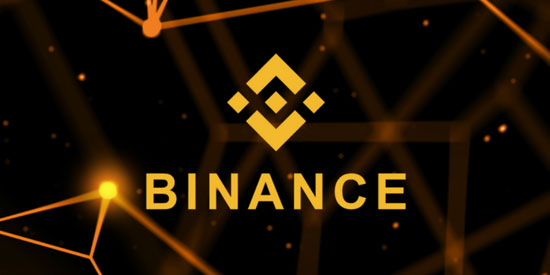Equity Capital Market
Nov 26, 2023 By Triston Martin
ECM is the marketplace in which financial institutions assist stocks in the process of raising equity capital and in which stock is exchanged. Primary markets include those for private placements, POs, and warrants. Secondary markets include those for the market of existing shares and the market of futures, options, and other listed securities.
Acquiring Knowledge of the ECMs
Because it encompasses a greater variety of financial instruments and activities, the equity capital market, also known as the ECM, is more comprehensive than the stock market alone. These activities include marketing, distribution, and allocation of issues, initial public offerings (IPOs), private placements, futures trading, and book building. In conjunction with the bond market, the money given by depositors and institutions of deposit to investors is channeled via the ECM. Within a market economy, the ECM, a component of the capital markets, is seen as the mechanism that most effectively distributes available resources.
Primary Equity Market
There are two subsets of the main equity market: the private placement market and the primary public market. Both of these markets are where firms issue new securities. On the private placement market, corporations raise private equity by selling unquoted shares to investors one-on-one. These shares are then placed in the companies' accounts. On the primary public market, private firms have the opportunity to go public via initial public offerings (IPOs). In contrast, public corporations already in existence can issue fresh equity through seasoned issues.
Secondary Equity Market
The term "stock market" most often refers to the secondary market, the sole market in which no new capital is created. It comprises stock exchanges and over-the-counter markets, and it is the location where existing shares may be purchased and traded. OTC markets are those in which stock stocks occur between groups of dealers rather than via an intermediary such as an exchange.

Pros and Cons
Several benefits come along with raising capital via the equity markets for businesses. The first advantage is a debt-to-equity ratio that is lower than average. To fund their future expansion, companies won't have to enter debt markets with very high-interest rates. When opposed to debt markets, equity markets provide a broader choice of growth financing possibilities and are considerably more flexible than those that deal in debt. In some circumstances, particularly concerning private placement, equity markets may also assist firm founders and entrepreneurs in recruiting senior employees who can provide supervision and expertise. This will assist businesses in expanding their operations into new areas and product categories and provide necessary guidance.
However, other challenges involve obtaining capital via the equity markets. For instance, the path leading to an initial public offering might be costly and time-consuming. Because of the extensive number of parties engaged in the process, the amount of time and money necessary to bring a business to market is significantly increased.
In addition to this, there is a persistent focus on detail. Although investors in the equity market have a higher tolerance for risk than their counterparts in the debt market, their primary concern is the returns on their investments. As a result, investors who are impatient with a firm that has regularly delivered negative returns may exit it, leading to a significant reduction in the company's worth.
How Do You Figure Out How Much Equity Capital You Have?
The net difference between a corporation's assets and its total liabilities is referred to as the equity of the firm, often known as shareholders' equity. When a firm has publicly traded stock, the value of the company's market capitalization may be determined by multiplying the share price by the total number of shares in circulation.

What Are the Different Forms That Equity Capital Can Take?
Equity may be arranged according to several different dimensions. Private equity placement occurs on primary markets, while publicly listed shares are exchanged on secondary markets. This is one of the key differences between the two types of investments. Common stock is the most typical kind of equity, but businesses may also issue other share classes, such as allocations to preferred stock.
-
 Investment Dec 19, 2023
Investment Dec 19, 2023The Rich: Why They Don't Invest in Index Funds
The world's most famous investor, Warren Buffett, typically recommends investors put their money into low-cost index funds. The trustee of his estate has been given clear instructions to deploy monies to index funds. Berkshire Hathaway's annual letter to shareholders suggested that the trustee invest 10% of the cash in short-term government bonds and 90% in a low-cost S and P 500 index fund.
-
 Currency Dec 15, 2023
Currency Dec 15, 2023A Complete Binance US Review
Binance.US is an American associate of Binance, the largest global crypto marketplace by trading stock prices created in China in 2017. Binance.US is based in the U.S. Throughout 2019, the iconic platform stopped taking users from the United States. Instead, it said it would work with a U.S.-based edition of its system called Binance.US.
-
 Investment May 09, 2024
Investment May 09, 2024Everything You Should Know About MetLife Insurance
MetLife offers term, whole, universal, and MetLife burial insurance. Policies let customers tailor coverage, add riders, and pick payment terms.
-
 Savings Sep 16, 2024
Savings Sep 16, 2024Secure the Best Savings Rates: 5 Tips to Earn More in 2024
How to earn the highest interest rate on a savings account in 2024 with these expert tips. Maximize your savings with the best strategies to secure top interest rates
